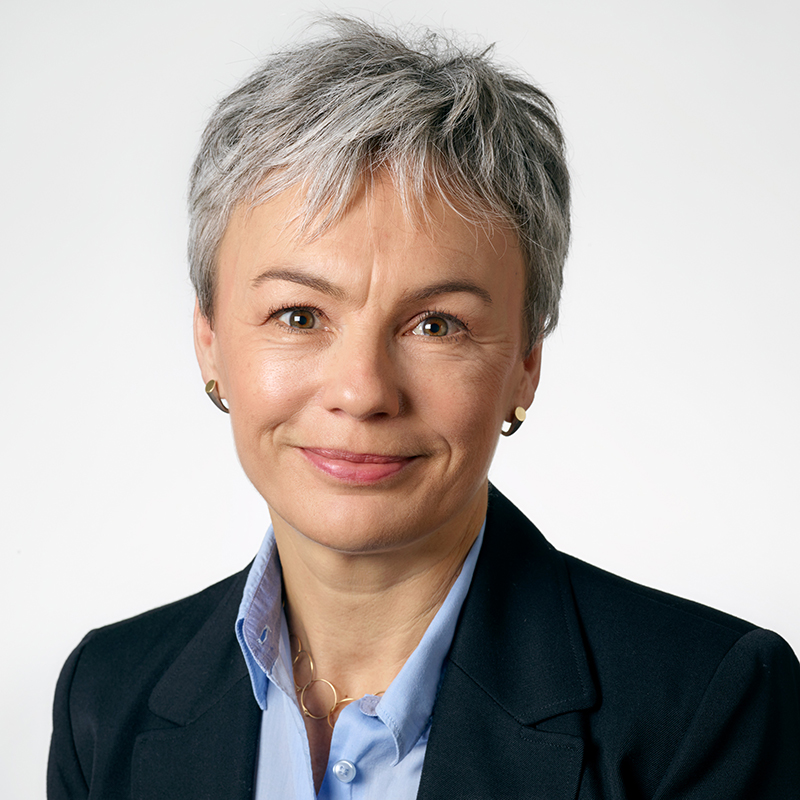Named Person
- at the Faculty of Humanities regarding matters pertaining to good scientific practice and scientific misconduct
September 2024, the Academic Council has reappointed Professor Catharina Raudvere from the Department of Cross-Cultural and Regional Studies as Named Person at the Faculty of Humanities. Professor Lisa S. Villadsen is appointed as deputy.
Tasks of Named Person
The main task of Named Person (NP) is to handle suspicions or allegations of breach of good scientific practice as well as scientific misconduct at the Faculty of Humanities. Communication with NP can assume different forms, e.g. advice, dialogue or mediation.
NP is also tasked with ensuring that Faculty of Humanities researchers have access to adequate information and educational activities enabling them to become familiar with existing rules, conventions, and good practice as well as related ethical aspects.
NP operates independently of management and can resolve cases where she assesses that there has been no foul play involved. However, NP is obligated to inform the dean in cases where she believes that there is reasonable suspicion of breach of rules or of good scientific practice.
In such cases, the dean will deal with the case formally and decide whether it should be put before the Practice Committee or the Danish Committees on Scientific Dishonesty (DCSD).
NP does thus not replace already existing organs, but should be seen as an addition to the dean, the faculty management, the Practice Committee and the Danish Committees on Scientific Dishonesty.
In connection with the Named Person scheme, the Research and Impact Section will be available for additional information on rules and norms of good research practice and on scientific misconduct.
Who may contact NP and under what circumstances?
Everybody – employees, former employees, both academic and administrative, as well as students and persons not affiliated with the faculty – can approach Named Person with questions or suspicions of breach of good scientific practice or of scientific misconduct at the Faculty of Humanities.
Initially, NP is contacted for guidance and it will be discussed, in confidence, whether the matter concerns breach of good scientific practice or whether there may be other explanations of the conduct causing concerns.
One possible outcome may be that the person presenting a case – after consulting with NP – withdraws his or her suspicion. In this eventuality, no further action will be taken in the matter provided NP agrees. If, on the other hand, NP believes that the suspicion can be substantiated and should be pursued, NP is entitled and obligated to ensure that formal action is taken even though the person decides to withdraw his or her suspicion.
Personal or written inquiries
NP may be contacted personally or in writing. Personal and written inquiries will, however, be treated quite differently by NP.
Personal inquiries that NP assesses to be unfounded will be closed without any formal registration. The person who approached NP will thus remain “anonymous” to the person he or she suspected. No one but NP will know about the suspicion.
Written inquiries – electronic or on paper – are handled differently in that the person suspected of breach of good practice must be informed of the inquiry. No matter whether NP puts the case before the dean or not, the person making the inquiry cannot remain anonymous. NP must register the complaint and notify the person or persons affected by it that NP has received and recorded information about him or her. Written inquiries are subject to obligations of keeping written files on cases which may be accessed with reference to the Public Administration Act’s provisions on rights of access.
It is therefore recommended that the first contact with NP is personal.
Contact

Named Person:
Professor Catharina Raudvere
Department of Cross-Cultural and Regional Studies
Karen Blixens Vej 4, building 10, room 10.4.14
Phone: 51 30 30 37
Email: raudvere@hum.ku.dk

Deputy Named Person:
Professor Lisa S. Villadsen
Department of Communication (COMM)
Karen Blixens Plads 8, building 21, room 21.2.18
Phone: 29 27 98 80
Email: lisas@hum.ku.dk
